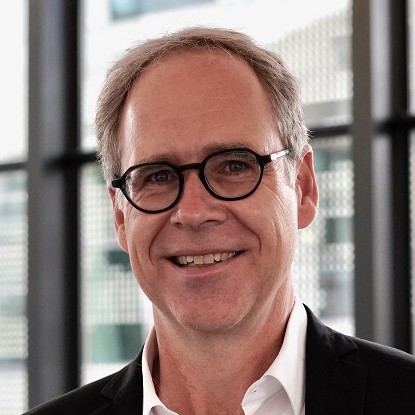Dr Babak Aghel
Age: 36
My research areas: CO2 capture from the air or many pollution sources like power plants or cement industry
Name of my University / Research Institute: Kermanshah University of Technology, Kermanshah, Iran
Research period at the TU Darmstadt: 18 months between October 2021 and November 2023 (Humboldt Fellowship for Experienced Researchers)
My field of research is fascinating. The best way to explain it to non-specialists is…
Since nearly 80% of the world’s energy supply comes from burning fossil fuels such as coal, natural gas, and petroleum, a large amount of carbon dioxide is released into the atmosphere, which has become a major environmental and social issue. In recent decades, new CO2 capture technologies have been proposed to capture CO2 from the air or many pollution sources such as cement and steel industries. However, in the meantime, many challenges have arisen in the development of these technologies, such as excessive prices or the toxicity of the solvents, so further work is needed to optimize the process.
What research questions are you currently working on?
Although many studies have addressed CO2 capture, few works investigated low price or environmentally friendly solvents for the CO2 capture from large sources, such as power plants. The selection of the appropriate solvent has a great impact on the energy requirement and cost of CO2 capture. We will examine different aqueous/non-aqueous mixtures of alkanolamines and the effects of adding some nanoparticles to the solvent on CO2 capture.
My most important success in research to date is…
My research perspectives in the past years have focused on the fundamental understanding of microscale phenomena and the development of scalable CO2 capture techniques. In particular, I have been studying the role of different solvents in the CO2 capture devices' performance. These solvents are extensively used in CO2 capture technology in the industrial sector.
Will the results of your research have a concrete impact on our everyday lives now or at some later date?
As we know greenhouse gases are released mainly through the use of fossil fuels. Increasing levels of greenhouse gases that trap heat in the atmosphere, leading to climate change. Global warming has several negative impacts on our lives, such as rising sea levels, increased risk of floods, droughts, and other extreme weather events. A thorough understanding of the phenomena at CO2 capture test facilities will enable the development of efficient conditions that address greenhouse gas control concerns.
I became a researcher because …
I was enchanted by the principles of the chemical phenomena since I was a child, so I selected chemical engineering as my major field since the undergraduate stage. Meanwhile, my interests, curiosity, and new learning caused me to start to become a researcher.
I have chosen TU Darmstadt because …
An excellent department in CO2 capture makes it an ideal place for doing research. The group has unique research expertise in key areas of my project and also the department of energy systems and technology at the TU Darmstadt is also known as one of the leading centers studying gasification and CO2 Capture, which is also one of my research interests in general. In addition, my host, Dr.-Ing. habil. Falah Alobaid has already developed many experimental installations and numerical models on CO2 capture, which is critical in my proposed research as well.
Questionnaire for the host
Guest of: Priv.-Doz. Dr.-Ing. habil. Falah Alobaid
Department: Institute for Energy Systems and Technology, Department of Mechanical Engineering
What did you appreciate most about your guest or what is it that impressed you most favourably …
Dr. Aghel has a very good academic background with various specializations. He has an excellent academic career owing to his age. He successfully finished 2014 his doctoral thesis in Chemical Engineering (Thesis Title: CFD Modeling and Fabrication of Microreactor for Promote Mixing in Chemical Reactions). Then, he worked as an assistant professor at the Department of Chemical Engineering, Faculty of Energy, Kermanshah University of Technology. Dr. Aghel is highly motivated and has several publications in international scientific journals, showing a high potential to increase his academic level in the future.
You, your team and TU Darmstadt benefit from your guest’s …
Based on our expertise in CO2 capture methods, our goal is to develop a novel solvent for the efficient and cost-effective capture of CO2 from the air and other pollution sources such as power and cement plants. The result will be patented at TU Darmstadt and then will be published in international scientific journals.







